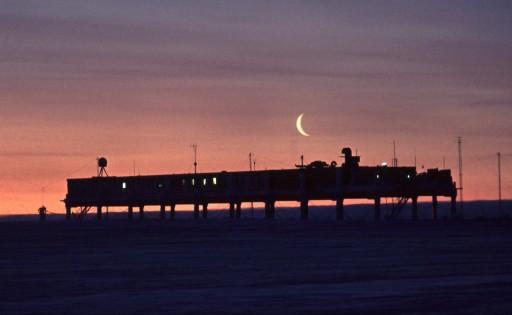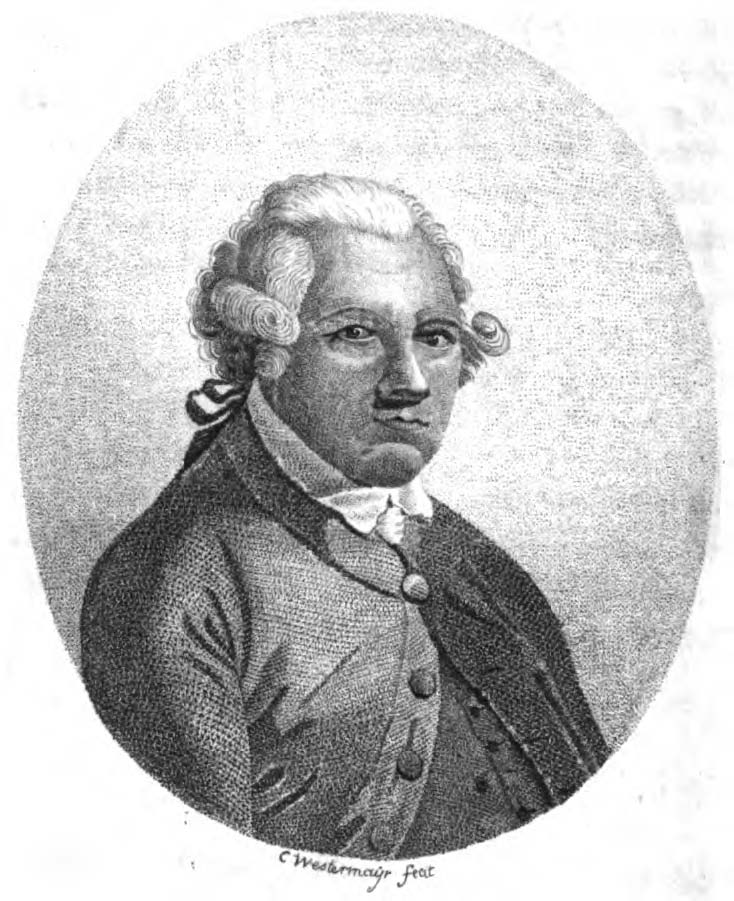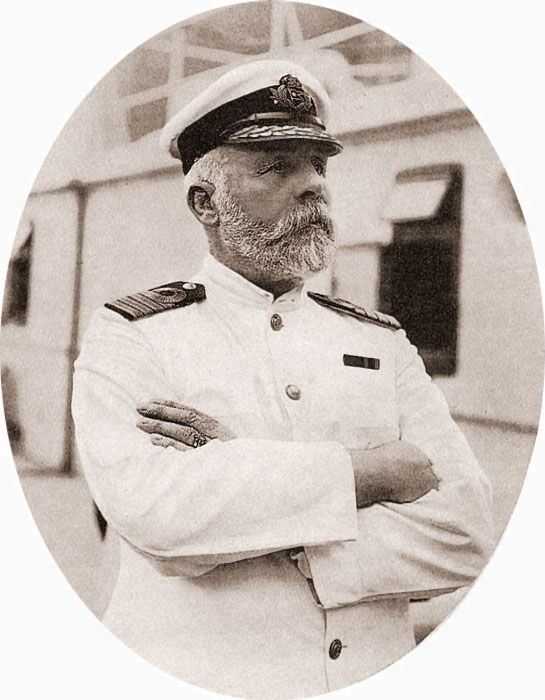|
RRS John Biscoe (1956)
The RRS ''John Biscoe'' was a supply and research vessel used by the British Antarctic Survey between 1956 and 1991. History An earlier vessel, operated from 1947-56. Both were named after the English explorer John Biscoe, who discovered parts of Antarctica in the early 1830s. ''John Biscoe II'' was replaced by in 1991. After decommissioning, she was sold and eventually scrapped in 2004 under the name ''Fayza Express''. Command ''Biscoes first visit to Halley Research Station, in 1959/60 was under the veteran captain, Bill Johnston. From 1975, joint Masters of ''John Biscoe'' were Malcolm Phelps and Chris Elliott. Chris Elliott had joined BAS as Third Officer on ''John Biscoe'' in 1967, becoming Second Officer in 1970. He established the successful Offshore Biological Programme cruises and helped superintend the building of replacement . Elliott was awarded the Polar Medal in 2004 and an MBE Mbe may refer to: * Mbé, a town in the Republic of the Congo * Mbe Mountains Com ... [...More Info...] [...Related Items...] OR: [Wikipedia] [Google] [Baidu] |
Base F
The Vernadsky Research Base ( uk, Антарктична станція Академік Вернадський) is a Ukrainian Antarctic Station at Marina Point on Galindez Island in the Argentine Islands, not far from Kyiv Peninsula. The region is under territorial claims between three countries (see Territorial claims in Antarctica). The single Ukrainian Antarctic station is named after the mineralogist Vladimir Vernadsky (1863–1945) who was the first president of the National Academy of Sciences of Ukraine. A British research base was established in 1947 and transferred to Ukraine in 1996.Akademik Vernadskyi Antarctic station, chronology of events (Станція АКАДЕМІ ... [...More Info...] [...Related Items...] OR: [Wikipedia] [Google] [Baidu] |
Halley Research Station
Halley Research Station is a research facility in Antarctica on the Brunt Ice Shelf operated by the British Antarctic Survey (BAS). The base was established in 1956 to study the Earth's atmosphere. Measurements from Halley led to the discovery of the ozone hole in 1985. The current base is the sixth in a line of structures and includes design elements intended to overcome the challenge of building on a floating ice shelf without being buried and crushed by snow. , the base has been left unstaffed through winter since 2017, due to concerns over the propagation of an ice crack and how this might cut off the evacuation route in an emergency. The Halley Bay Important Bird Area with its emperor penguin colony lies in the general vicinity of the base. History Halley Bay base was founded in 1956, for the International Geophysical Year of 1957–1958, by an expedition from the Royal Society. The bay where the expedition decided to set up their base was named after the astronomer Edm ... [...More Info...] [...Related Items...] OR: [Wikipedia] [Google] [Baidu] |
Research Vessels Of The United Kingdom
Research is " creative and systematic work undertaken to increase the stock of knowledge". It involves the collection, organization and analysis of evidence to increase understanding of a topic, characterized by a particular attentiveness to controlling sources of bias and error. These activities are characterized by accounting and controlling for biases. A research project may be an expansion on past work in the field. To test the validity of instruments, procedures, or experiments, research may replicate elements of prior projects or the project as a whole. The primary purposes of basic research (as opposed to applied research) are documentation, discovery, interpretation, and the research and development (R&D) of methods and systems for the advancement of human knowledge. Approaches to research depend on epistemologies, which vary considerably both within and between humanities and sciences. There are several forms of research: scientific, humanities, artistic, econom ... [...More Info...] [...Related Items...] OR: [Wikipedia] [Google] [Baidu] |
Oceanographic Instrumentation
Oceanography (), also known as oceanology and ocean science, is the scientific study of the oceans. It is an Earth science, which covers a wide range of topics, including ecosystem dynamics; ocean currents, waves, and geophysical fluid dynamics; plate tectonics and the geology of the sea floor; and fluxes of various chemical substances and physical properties within the ocean and across its boundaries. These diverse topics reflect multiple disciplines that oceanographers utilize to glean further knowledge of the world ocean, including astronomy, biology, chemistry, climatology, geography, geology, hydrology, meteorology and physics. Paleoceanography studies the history of the oceans in the geologic past. An oceanographer is a person who studies many matters concerned with oceans, including marine geology, physics, chemistry and biology. History Early history Humans first acquired knowledge of the waves and currents of the seas and oceans in pre-historic times. Observations on ... [...More Info...] [...Related Items...] OR: [Wikipedia] [Google] [Baidu] |
Hydrography
Hydrography is the branch of applied sciences which deals with the measurement and description of the physical features of oceans, seas, coastal areas, lakes and rivers, as well as with the prediction of their change over time, for the primary purpose of safety of navigation and in support of all other marine activities, including economic development, security and defense, scientific research, and environmental protection. History The origins of hydrography lay in the making of charts to aid navigation, by individual mariners as they navigated into new waters. These were usually the private property, even closely held secrets, of individuals who used them for commercial or military advantage. As transoceanic trade and exploration increased, hydrographic surveys started to be carried out as an exercise in their own right, and the commissioning of surveys was increasingly done by governments and special hydrographic offices. National organizations, particularly navies, realized ... [...More Info...] [...Related Items...] OR: [Wikipedia] [Google] [Baidu] |
History Of Antarctica
The history of Antarctica emerges from early Western theories of a vast continent, known as Terra Australis, believed to exist in the far south of the globe. The term ''Antarctic'', referring to the opposite of the Arctic Circle, was coined by Marinus of Tyre in the 2nd century AD. The rounding of the Cape of Good Hope and Cape Horn in the 15th and 16th centuries proved that ''Terra Australis Incognita'' ("Unknown Southern Land"), if it existed, was a continent in its own right. In 1773, James Cook and his crew crossed the Antarctic Circle for the first time; however, although they discovered nearby islands, they did not catch sight of Antarctica itself. It is believed he was as close as from the mainland. On 27 January 1820, a Russian expedition led by Fabian Gottlieb von Bellingshausen and Mikhail Lazarev discovered an ice shelf at Princess Martha Coast that later became known as the Fimbul Ice Shelf. Bellingshausen and Lazarev became the first explorers to see and officially d ... [...More Info...] [...Related Items...] OR: [Wikipedia] [Google] [Baidu] |
Adelaide Island
Adelaide Island is a large, mainly ice-covered island, long and wide, lying at the north side of Marguerite Bay off the west coast of the Antarctic Peninsula. The Ginger Islands lie off the southern end. Mount Bodys is the easternmost mountain on Adelaide Island, rising to over 1,220 m. The island lies within the Argentine, British and Chilean Antarctic claims. History Adelaide Island was discovered in 1832 by a British expedition under John Biscoe. The island was first surveyed by the French Antarctic Expedition (1908–1910) under Jean-Baptiste Charcot. According to a contemporary source, the island was named by Biscoe himself in honour of Queen Adelaide of the United Kingdom. The Island has two bases on it. The old Adelaide Island base (also known as Base T) was set up by the Falkland Islands Dependencies Survey (FIDS), which later became the British Antarctic Survey. The Base was closed due to an unstable skiway and operations were moved to the new Rothera Resea ... [...More Info...] [...Related Items...] OR: [Wikipedia] [Google] [Baidu] |
Member Of The Most Excellent Order Of The British Empire
The Most Excellent Order of the British Empire is a British order of chivalry, rewarding contributions to the arts and sciences, work with charitable and welfare organisations, and public service outside the civil service. It was established on 4 June 1917 by King George V and comprises five classes across both civil and military divisions, the most senior two of which make the recipient either a knight if male or dame if female. There is also the related British Empire Medal, whose recipients are affiliated with, but not members of, the order. Recommendations for appointments to the Order of the British Empire were originally made on the nomination of the United Kingdom, the self-governing Dominions of the Empire (later Commonwealth) and the Viceroy of India. Nominations continue today from Commonwealth countries that participate in recommending British honours. Most Commonwealth countries ceased recommendations for appointments to the Order of the British Empire when they cre ... [...More Info...] [...Related Items...] OR: [Wikipedia] [Google] [Baidu] |
Polar Medal
The Polar Medal is a medal awarded by the Sovereign of the United Kingdom to individuals who have outstanding achievements in the field of polar research, and particularly for those who have worked over extended periods in harsh climates. It was instituted in 1857 as the Arctic Medal, and renamed the Polar Medal in 1904. History Arctic Medal The first medal was awarded in 1857, named the Arctic Medal. The Admiralty issued the medal for several expeditions, including the expedition to discover the fate of Sir John Franklin and his crew, who were lost while looking for the Northwest Passage in 1847: Her Majesty having been graciously pleased to signify her commands that a Medal be granted to all persons, of every rank and class, who have been engaged in the several Expeditions to the Arctic Regions, whether of discovery or search, between the years 1818 and 1855, both inclusive. The second presentation of the Arctic Medal was to the crews of three ships exploring the Arctic ... [...More Info...] [...Related Items...] OR: [Wikipedia] [Google] [Baidu] |
Captain (nautical)
A sea captain, ship's captain, captain, master, or shipmaster, is a high-grade licensed mariner who holds ultimate command and responsibility of a merchant vessel.Aragon and Messner, 2001, p.3. The captain is responsible for the safe and efficient operation of the ship, including its seaworthiness, safety and security, cargo operations, navigation, crew management, and legal compliance, and for the persons and cargo on board. Duties and functions The captain ensures that the ship complies with local and international laws and complies also with company and flag state policies. The captain is ultimately responsible, under the law, for aspects of operation such as the safe navigation of the ship,Aragon and Messner, 2001, p.4. its cleanliness and seaworthiness,Aragon and Messner, 2001, p.5. safe handling of all cargo,Aragon and Messner, 2001, p.7. management of all personnel,Aragon and Messner, 2001, p.7-11. inventory of ship's cash and stores,Aragon and Messner, 2001, p.11-12. an ... [...More Info...] [...Related Items...] OR: [Wikipedia] [Google] [Baidu] |
Antarctica
Antarctica () is Earth's southernmost and least-populated continent. Situated almost entirely south of the Antarctic Circle and surrounded by the Southern Ocean, it contains the geographic South Pole. Antarctica is the fifth-largest continent, being about 40% larger than Europe, and has an area of . Most of Antarctica is covered by the Antarctic ice sheet, with an average thickness of . Antarctica is, on average, the coldest, driest, and windiest of the continents, and it has the highest average elevation. It is mainly a polar desert, with annual precipitation of over along the coast and far less inland. About 70% of the world's freshwater reserves are frozen in Antarctica, which, if melted, would raise global sea levels by almost . Antarctica holds the record for the lowest measured temperature on Earth, . The coastal regions can reach temperatures over in summer. Native species of animals include mites, nematodes, penguins, seals and tardigrades. Where vegetation o ... [...More Info...] [...Related Items...] OR: [Wikipedia] [Google] [Baidu] |
United Kingdom
The United Kingdom of Great Britain and Northern Ireland, commonly known as the United Kingdom (UK) or Britain, is a country in Europe, off the north-western coast of the continental mainland. It comprises England, Scotland, Wales and Northern Ireland. The United Kingdom includes the island of Great Britain, the north-eastern part of the island of Ireland, and many smaller islands within the British Isles. Northern Ireland shares a land border with the Republic of Ireland; otherwise, the United Kingdom is surrounded by the Atlantic Ocean, the North Sea, the English Channel, the Celtic Sea and the Irish Sea. The total area of the United Kingdom is , with an estimated 2020 population of more than 67 million people. The United Kingdom has evolved from a series of annexations, unions and separations of constituent countries over several hundred years. The Treaty of Union between the Kingdom of England (which included Wales, annexed in 1542) and the Kingdom of Scotland in 170 ... [...More Info...] [...Related Items...] OR: [Wikipedia] [Google] [Baidu] |
.jpg)






